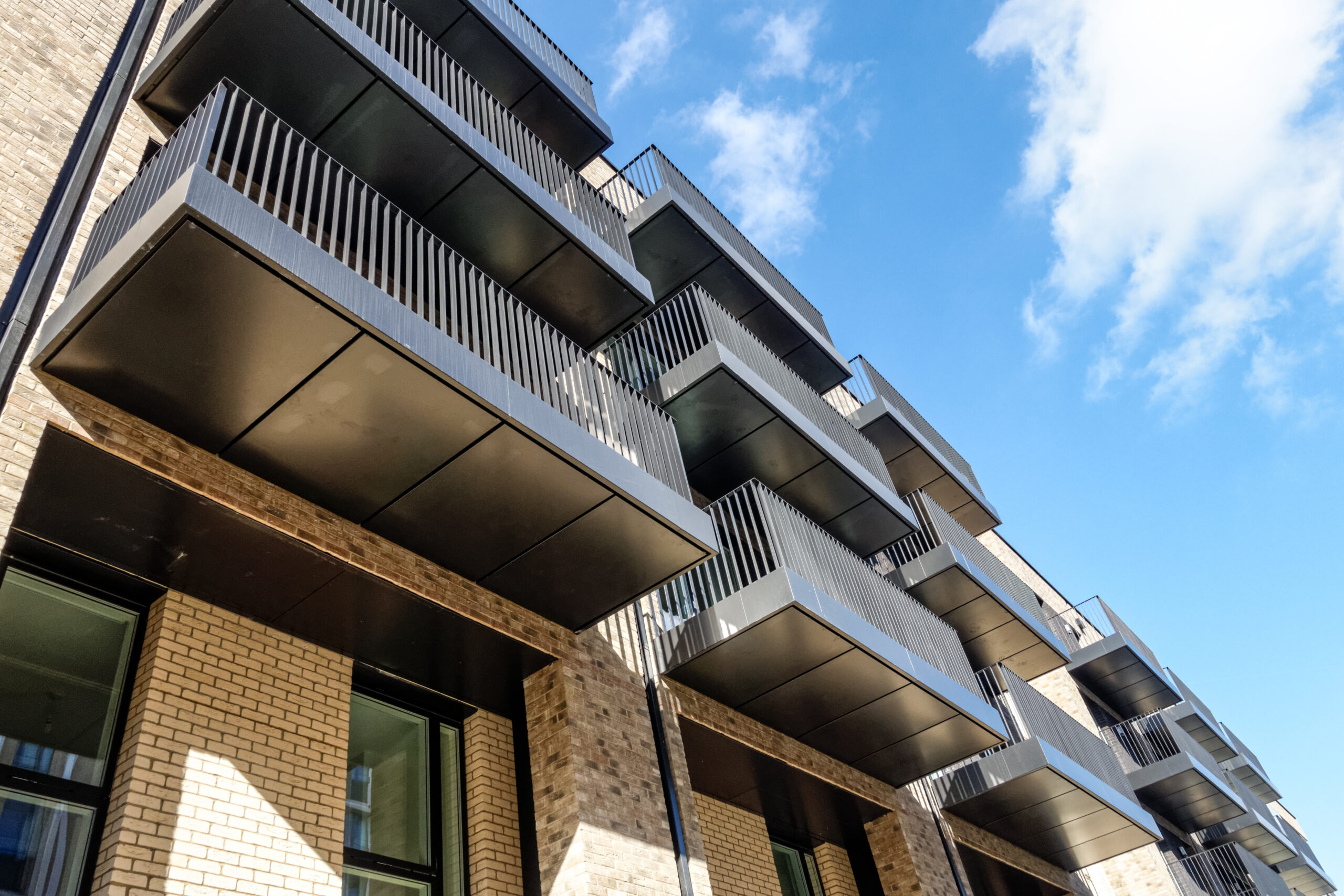Since the Law Commission reported in January 2020 Brady Solicitors have been commentating on expected leasehold reform.
When Parliament closed on Friday 24 May 2024 prior to the election the Leasehold and Freehold Reform Bill became an Act as part of the “wash-up” process of almost completed legislation.
The Act has been controversial throughout its development and arguably all stakeholders may feel they have a piece of legislation that does not meet their aims, was rushed, and attempted to cover a vast range and complex property management situations. However, we now have the Leasehold and Reform Act 2024 (LAFRA)and that is the basis for leasehold reform that property professionals and leaseholders are now all coming to terms with.
Additionally, following the King’s Speech, we know that the new Government intend to proceed with the reform and also potentially go further, as they intend to review the Law Commission’s recommendations published in July 2020 in particular relating to commonhold returning to the agenda.
It is worth noting the key point though. We still have no clear timescale to implementation of secondary legislation for LAFRA for it to apply or a new Bill.
Brady Solicitors considers the key changes, when they may occur and their potential impact.
When do the new elements in the Act have effect?
During the routes through the House of Commons and House of Lords there has been a clear position from the Government that the Bill would be further defined by later statutory instruments. With the rush to push the Bill through these were not outlined in any detail other than a few key intentions.
There are actually only four, arguably minor, elements to the Act that as of the date of this article have been implemented. These relate to three Building Safety Act related measures and one relating to estate rent charge enforcement.
The remainder of the Act has no date of implementation. In later sessions in the House of Lords there was mention of 2025 and 2026 as an aim. At this stage and following the King’s Speech, we do not have any clear date of when secondary legislation may be in force, but the new Government has stated their intentions to implement the Leasehold and Freehold Reform Act 2024 and also go much further than the previous Government. There is also the potential for further delays should there be challenges ahead on a human rights basis once changes to valuation rates for enfranchisement are known.
This summary provides an overview of the main changes, however Brady Solicitors will be providing further analysis as secondary legislation develops and gives clarity on definitions, valuation process and dates for implementation.
Service Charges and Management
Protections for leaseholders include:
- Fixed service charges now require accompanying summaries of rights and obligations.
- Service charge demands and annual accounts must meet specific content and form requirements.
- Landlords must provide detailed service charge accounts, including an accountant’s report, and can only recover “fair and reasonable” costs for these accounts.
- Leaseholders have extensive rights to request information from landlords about service charges and property management.
- Landlords cannot recover insurance-related costs unless they are “permitted”
- Administration charge schedules must be published, and failure to do so limits recovery of those charges.
- Litigation costs cannot be recovered as service charges without court or tribunal approval.
Collective Enfranchisement
Key changes include:
- Removal of restrictions on repeated collective enfranchisement and lease extension claims within 12 months of a prior claim.
- Increasing the non-residential threshold for collective enfranchisement from 25% to 50%.
- Landlords cannot contest claims on redevelopment grounds.
- Changes to eligibility rules, including exceptions for community housing providers and a change to the National Trust exception.
- Rights of nominee purchasers in collective enfranchisement claims have been clarified and extended.
- Non-participating flats and commercial/non-residential areas in collective enfranchisement claims: freeholders can be forced to retain any non-participant flats or commercial areas.
Lease Extension
Key changes:
- Elimination of the two-year ownership condition for extending flat leases.
- For statutory lease, or formal, extensions, new leases will now be 990 years plus the remaining term, and leases of houses will be at a peppercorn rent, subject to a premium.
- There will be yet undefined significant amendments to valuation methods with the aim to reduce costs for leaseholders.
The LAFRA introduces several significant and complex changes to how the price for acquiring a freehold of a block or house and how the premium for a lease extension are determined. These amendments aim to reduce costs for leaseholders and include:
- Removing the marriage value from the price/ premium calculation.
- Capping ground rent at 0.1% of the market value of the premises for capitalised value determination.
- Prescribing capitalisation rates through secondary legislation.
- Prescribing deferment rates through secondary legislation.
Leaseholders of flats will now have the right to reduce their ground rent to a peppercorn without needing to extend the lease term, though this will require the payment of a premium.
Landlords will be able to recover their costs only in limited situations, such as:
- If the claim fails under certain conditions.
- If the price or premium is lower than the prescribed amount (set by secondary legislation) and the actual price or premium, allowing the landlord to recover the difference.
The First-tier Tribunal (Property Chamber) will gain broader jurisdiction, enabling it to handle issues that were previously within the court’s view, including questions of eligibility and claim validity.
Right to Manage
The non-residential threshold for the right to manage will increase from 25% to 50%. Litigation costs will not be recoverable, and the First-tier Tribunal (Property Chamber) will have broader jurisdiction.
Ban on Leasehold Houses
Fulfilling a 2017 promise, the Act bans new long leases of houses, with some exceptions, such as historic leasehold estates, community housing, retirement housing, certain National Trust properties, shared ownership, home finance plans, specific extended leases, and agricultural leases. There is a right to acquire the freehold or intermediate lease of a house granted in violation of this ban, with enforcement including fines. In addition, the requirement of owning a house for 2 years for enfranchisement purposes has been removed.
Management of Freehold Houses and Estate Rentcharges
For the first time, protections for freehold house owners contributing to common area maintenance include:
- Estate management charges must be reasonable, with similar consultation and time limit requirements as leasehold properties.
- The FTT can determine the reasonableness of these charges and appoint substitute managers if necessary.
- Codes of Practice for estate managers now apply.
Other Provisions
- Amendments to the Building Safety Act 2022 clarify cost recovery for interim safety measures and legal cost recovery for RMCs and RTM companies.
- A new redress scheme for leasehold and estate management requires landlords and estate managers to join and handle complaints from current or former dwelling owners.




